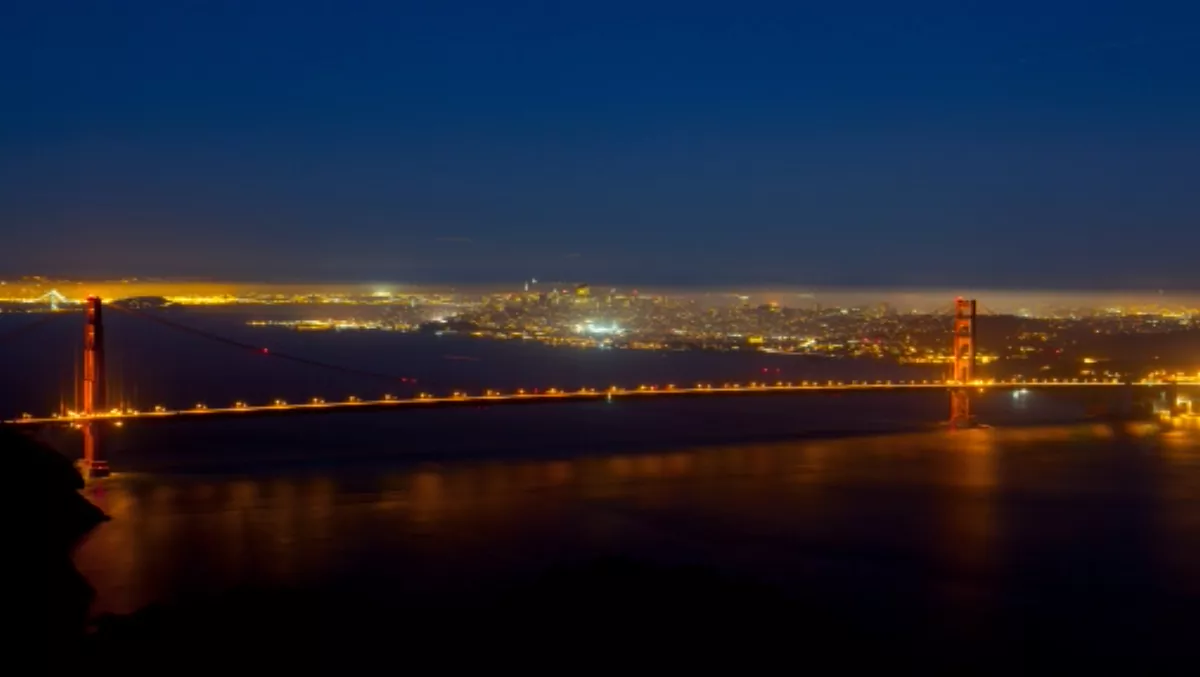
For Kiwi start-ups and entrepreneurs looking to branch out and take a piece of the U.S. market - look no further than the 'Kiwi Landing Pad'.
This space has been developed for Kiwi tech businesses looking to enter the US market and is located in the SoMa area (South of Market Street Area) in San Francisco, which is the hub of technology and entrepreneurship.
The idea behind Kiwi Landing Pad was to provide a "bricks and mortar" space and presence for New Zealand tech companies within San Francisco, explains Catherine Robinson to NZ Business Podcast.
It enables businesses to get a feel for the tech market, establish contacts and sales connections before deciding where to locate their permanent base within the U.S.
One of the first success stories to use the Kiwi Landing Pad was Xero - who used the space for 18 months and grew from a couple of staff to a team of around 20 when they eventually relocated to their own premises.
More recently Mako Networks has recently vacated the premises after 12 months and Vend, who develop POS software are current tenants.
Even Telecom's Digital Ventures Team are visitors to Kiwi Landing Pad and Catherine Robison believes it is encouraging to see such main stay businesses in NZ adopting an entrepreneurial stance when trying out the U.S. market.
The 'Kiwi Landing Pad' is a not for profit organisation and is primarily funded by the private sector and Robinson says that Sir Stephen Tindall is a regular visitor and Phil Veal is an active investor.
Their aim is to develop an "eco-system and community" explains Robinson and not just to have a collection of entrepreneurs. She quotes the success of Silicon Valley and the support network that is in place to back up entrepreneurs, with this space providing a similar atmosphere for NZ businesses.
Robinson stresses that Kiwi Landing Pad "is not a place to gain easy funding", and for businesses to be successful in the U.S. they must,
"Get on the ground at a conversational level with the influential pieces of this eco-system."
Companies need to formulate a plan and strategies for themselves as "there is no one cut fits all approach" to success and businesses need to discover this for themselves.
One major benefit of Kiwi Landing Pad are the costs for NZ businesses to setup there. For example there is around a 2% vacancy level in SoMa and the average rent for a business of around 30 people is roughly $32000 per month, which can prove extremely prohibitive for small Kiwi businesses.
Here at Kiwi Landing Pad businesses have to pay $500 per month and have 24 hour access to resources and the facility can also guide people through the processes visa and social security applications - all vital to be recognised as a legitimate business within the U.S.
However, for every success story there are more than enough sob stories and Robinson has started to see traits in companies that succeed and those who don't,
"Companies that tend to do well are out there meeting and talking to people - People and networking are everything."
She also stresses that people must adapt to succeed,
"Coming from a small market, people struggle with the idea of specialisation and develop broad products." while "the U.S. market demands specialisation."
Robinson admits that some Kiwi's don't understand this and feel as if the market they will enter is too small and miss out on investment.
She also points out that New Zealand tech businesses have the opportunity to succeed,
"Kiwi's have the innovation and smarts."
"We should be proud and convinced New Zealand companies can compete. We're world class."
Robinson's final point of advice is that the U.S. market is a 'loud space' and New Zealand businesses need to find their way and voice in order to be heard above the noise.
She finishes by explaining Kiwi businesses,
"Don't have to be the loudest, but be confident with your vision for the market."